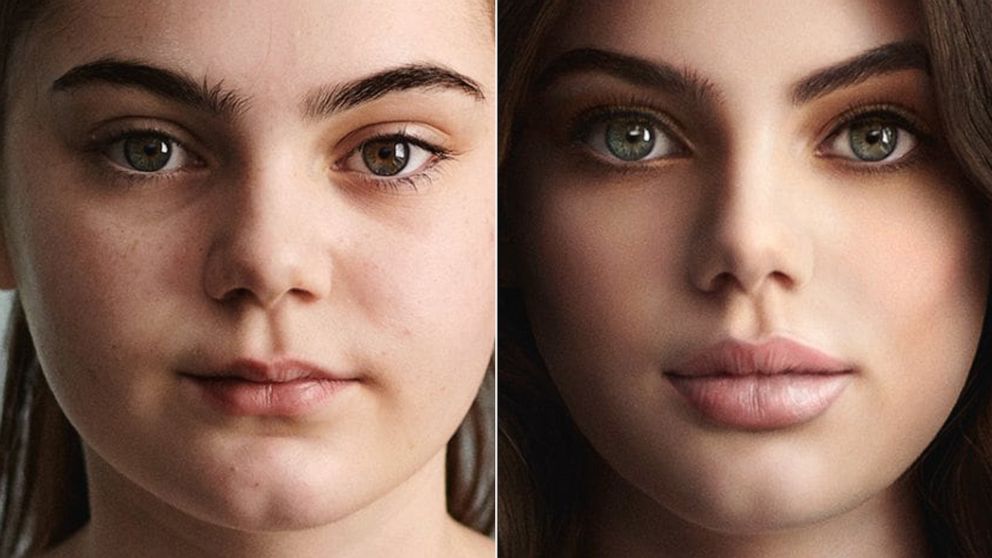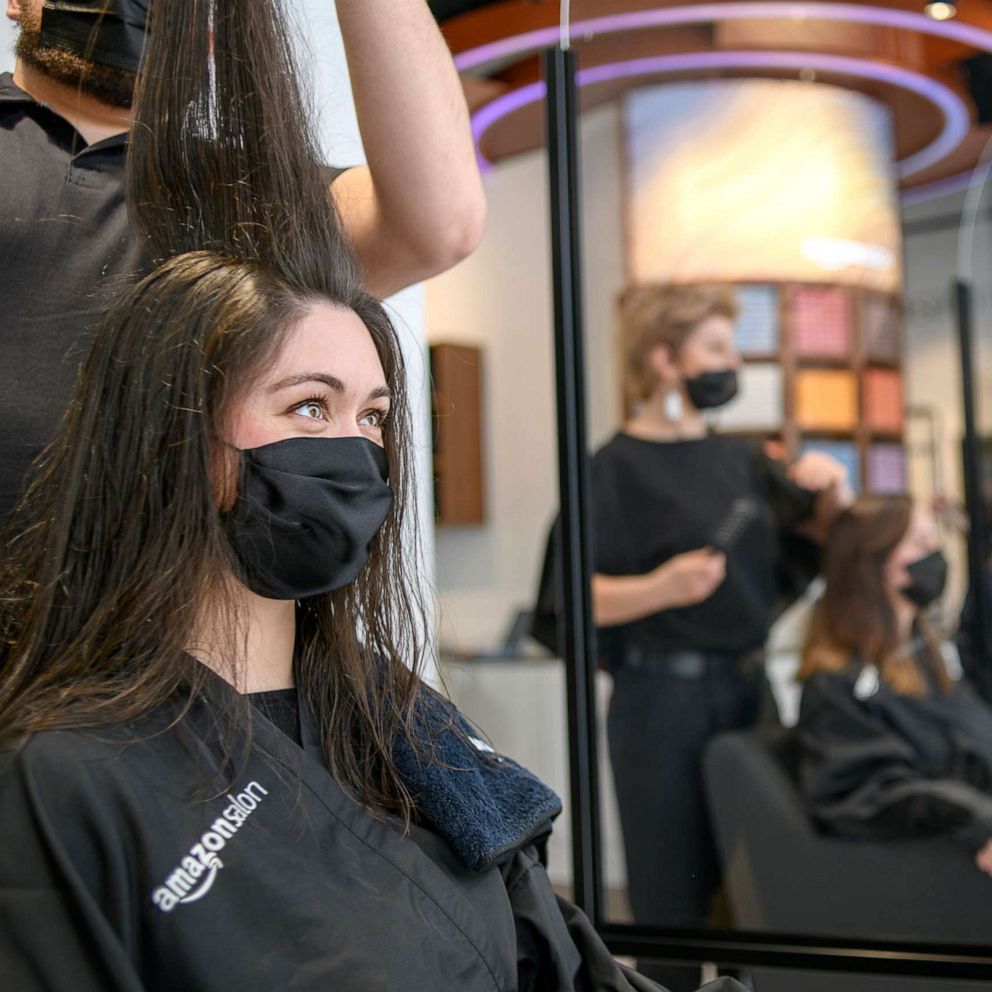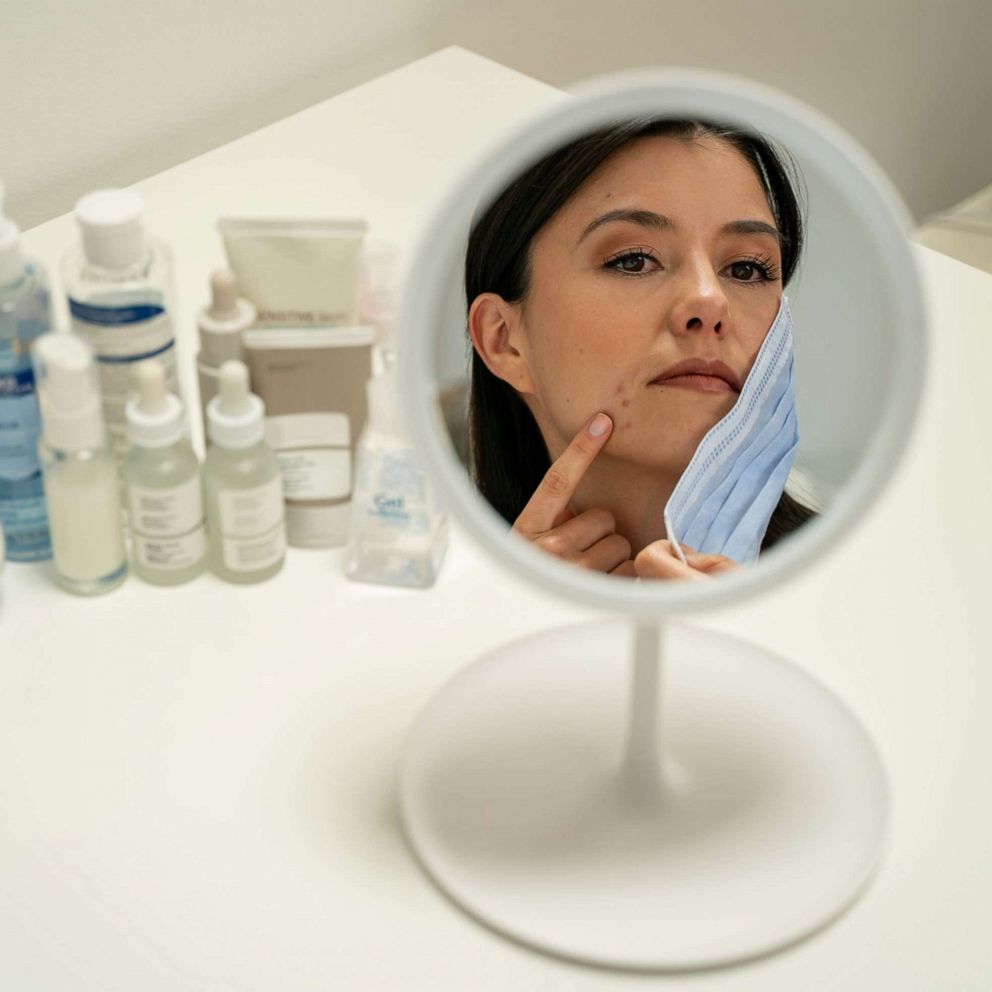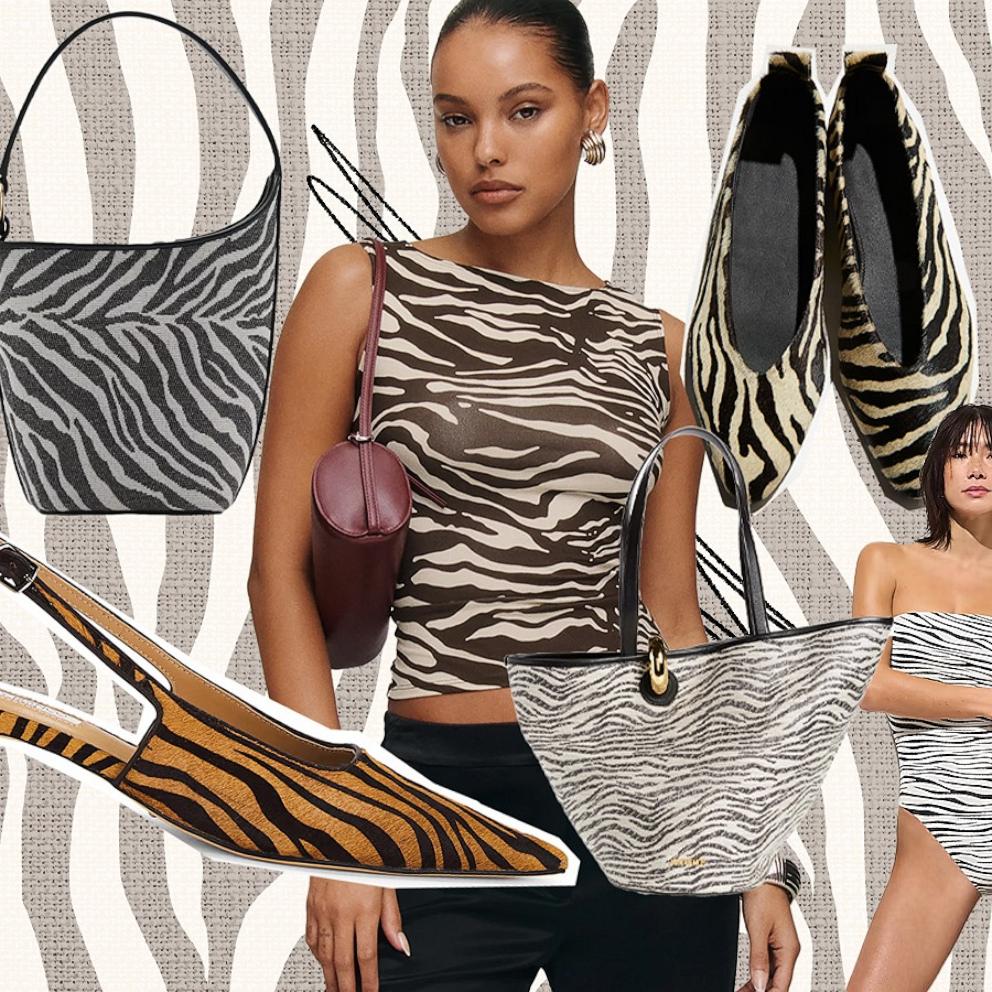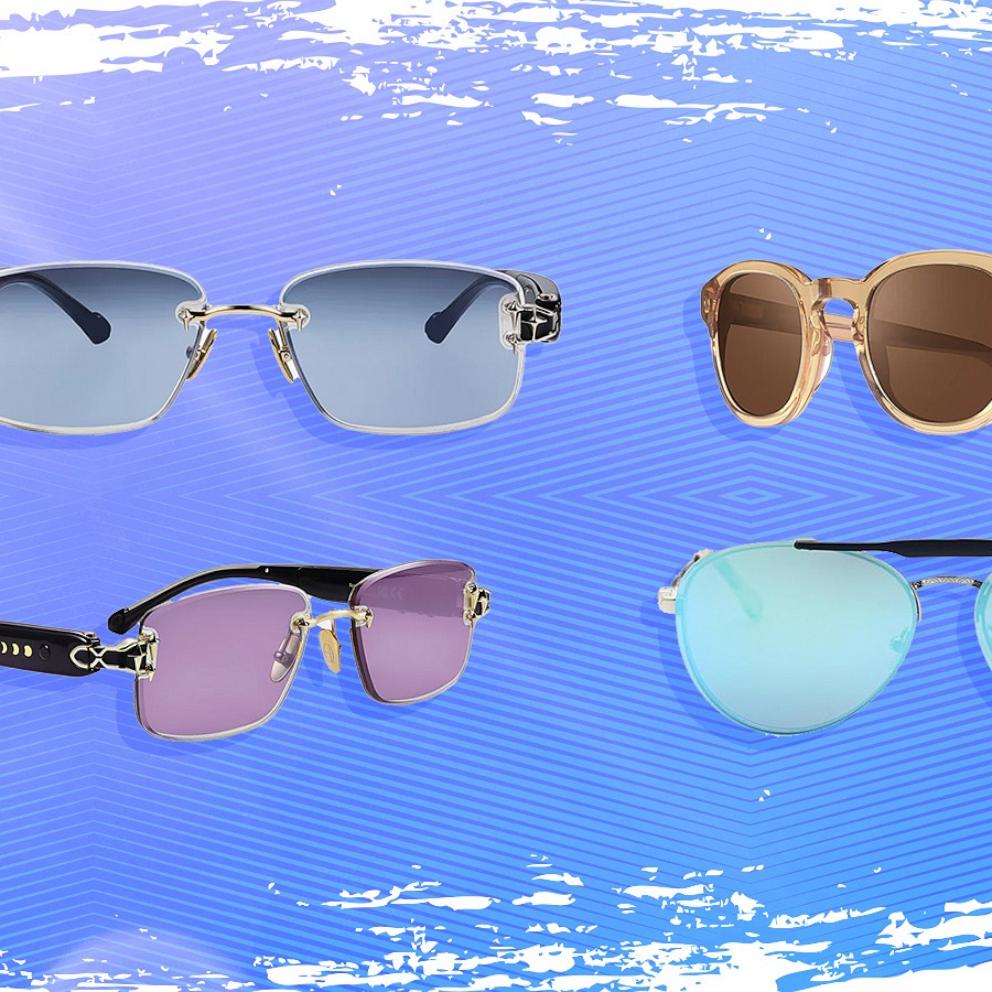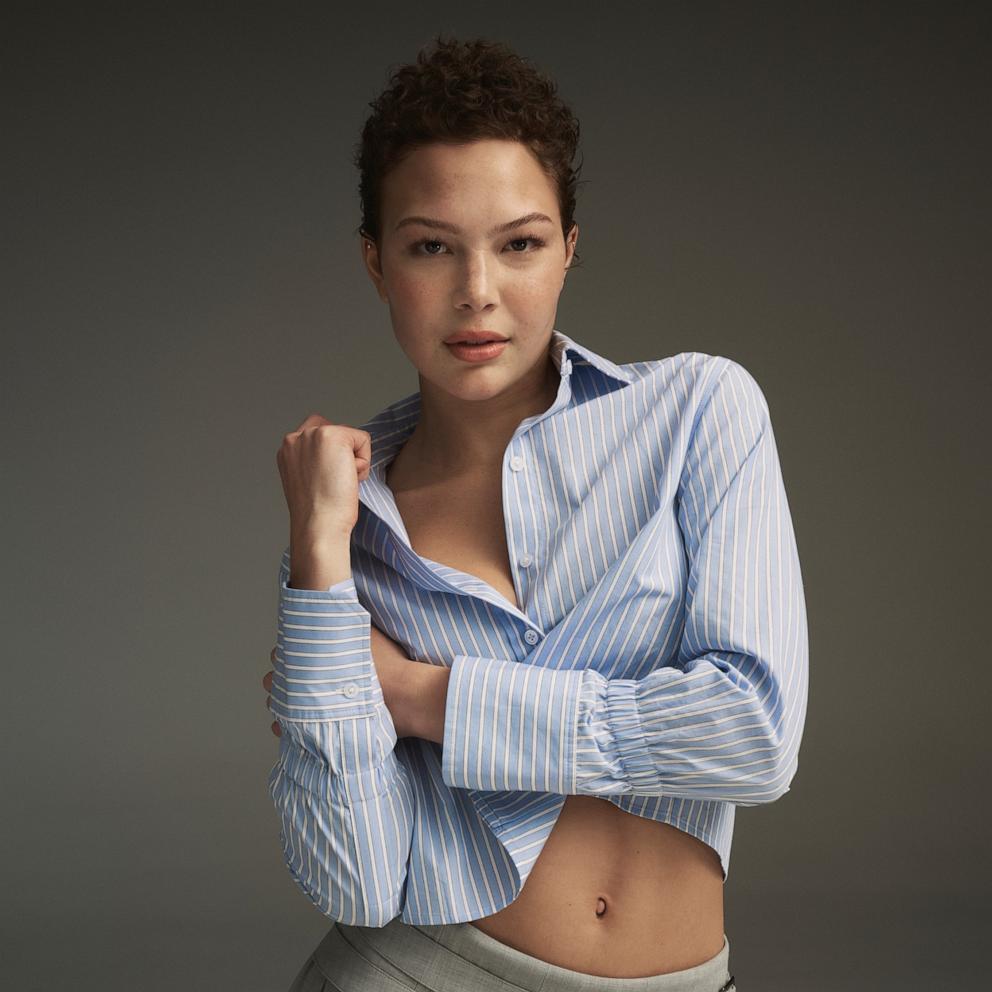Dove's 'Reverse Selfie' video tackles digital distortion on social media
During a time when social media platforms are steadily on the rise, Dove and Lizzo are raising awareness around an important issue: digital distortion.
The personal care brand and Grammy award-winning artist announced the launch of the company's global "The Selfie Talk" campaign, which has kicked off with an aim to transform social media into a more positive and empowering place for the next generation.
There's also a powerful "Reverse Selfie" video that displays the pressures around social media and how it's hurting young girls' self-esteem.
During the short film, a young girl's highly digitally altered and retouched look is rewound back to her natural look and you see how dramatically different the two looks are.
A research study by Dove's Self-Esteem Project 2020 revealed that 80% of girls have already applied a filter or used an app to change the way they look in their photos by the time they are 13.
It also showed 77% of girls try to change or hide at least one body part/physical feature before posting a photo of themselves on social media.
"Although certain aspects of social media can promote connection and well-being, in recent years dozens of scientific studies have shown that social media can negatively influence body confidence, mood, and self-esteem," Dr. Phillippa Diedrichs, a research psychologist at the Centre of Appearance Research at the University of West England, said in a statement shared with "GMA."
"This happens when users spend significant amounts of time posting selfies, using editing apps and filters to alter their appearance, comparing themselves to others, and seeking validation through comments and likes," she said. "It’s therefore imperative that we help young people to develop skills to navigate social media in a healthy and productive way."
To further push the mission of making a positive experience of beauty universally accessible for all, Lizzo has kick-started the conversation with Dove by reflecting on her own experiences growing up and feeling pressure to change.
"I remember waking up and wanting to be someone else, change my body, change my eye color, my hair textures," the "Truth Hurts" singer said in a post.
"I didn't have filters, and it scares me to think that now there is a tool that actually cashes in on that insecurity," she added.
Prior to Dove announcing Lizzo as its newest partner, she posted an unedited nude selfie on Instagram with an empowering caption saying, "Now normally I would fix my belly and smooth my skin but baby I wanted show u how I do it au natural."
Lizzo also previously called out a trend in the body positivity movement, saying the movement to uplift bigger women is starting to fail the people it was meant to empower.
"The body positivity movement has been co-opted by 'All Bodies,' and people are finally celebrating medium and small girls and people who occasionally get rolls," explained the 32-year-old on TikTok. "Fat people are still getting the short end of this movement!"
